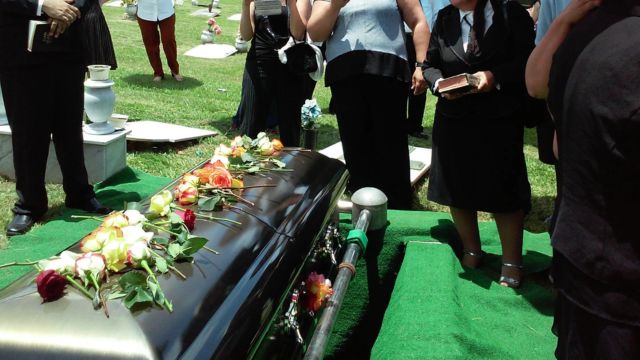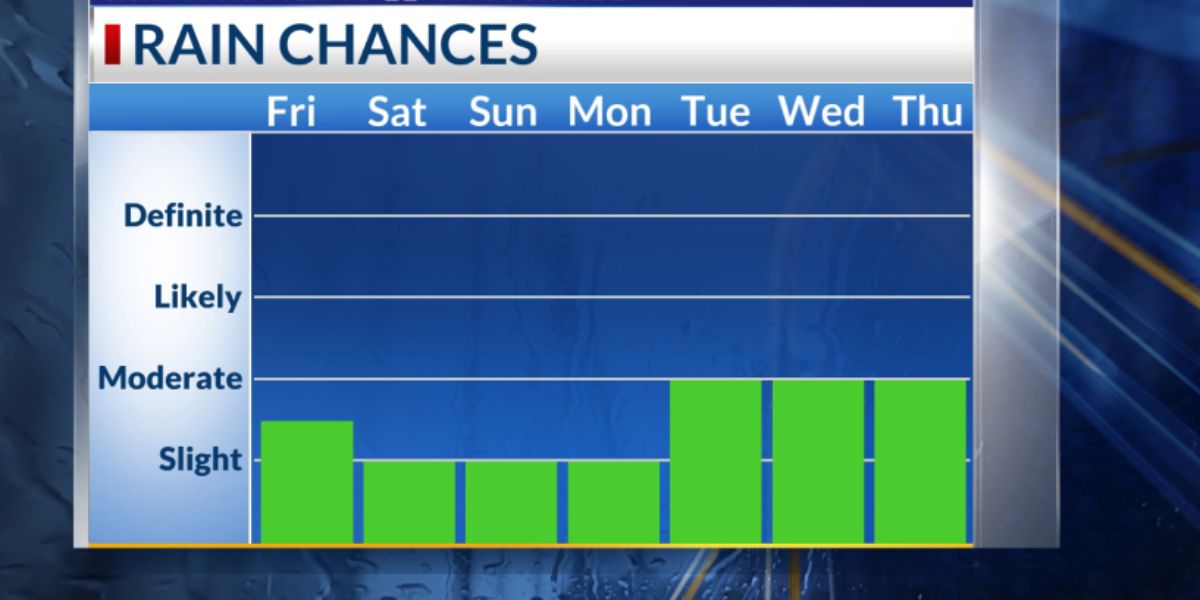While death is an inevitable aspect of life that all of us will eventually face, the topic of planning for the costs associated with our passing is often left undiscussed. This oversight can lead to a significant financial shock for many in California, which ranks among the top five most expensive states in the U.S. for burial and funeral expenses.
The financial burden of funerals across the United States varies greatly, influenced by differing costs of living. An average funeral in the country costs about $7,848, covering services such as storage of the remains, the casket, embalming, and the use of a funeral home’s staff and facilities for the ceremony.
In an effort to provide a clearer picture of funeral costs nationwide, researchers adjusted for the cost of living differences across states, identifying the following 10 states with the highest prices for a funeral:
- Hawaii – $14,964.90
- District of Columbia – $12,184.40
- Massachusetts – $12,159.50
- California – $11,495.50
- New York – $10,449.70
- Alaska – $10,391.60
- Maryland – $9,669.50
- Washington – $9,628.00
- Vermont – $9,569.90
- Oregon – $9,520.10
Conversely, the research also highlighted the states where funeral costs are least expensive:
- Oklahoma – $7,154.60
- Mississippi – $7,162.90
- Kansas – $7,229.30
- West Virginia – $7,279.10
- Alabama – $7,328.90
- Missouri – $7,345.50
- Arkansas – $7,387.00
- Tennessee – $7,494.90
- Iowa – $7,494.90
- Michigan – $7,519.80
Chris Paul, Vice President and board member of the Funeral Consumers Alliance of Los Angeles, a nonprofit organization dedicated to helping individuals plan funerals, emphasizes the importance of planning ahead to mitigate the financial strain of funeral costs.
Planning allows individuals to research costs, specify their preferences, and communicate their final wishes to family and friends. This not only alleviates the decision-making burden during a time of grief but is also a gesture of love and consideration that is deeply appreciated.
Another cost-saving option is donating your body to science. In 15 states, including California, residents can register to begin this process through an organization like Science Care. However, as acceptance is not guaranteed, it’s crucial to have a backup plan.
Paul also points out that many of the items listed on a funeral home’s price list are optional. More than 70% of these services can be foregone, allowing families to focus on what is truly necessary. For instance, embalming, which is often considered a standard practice, is not always required. Avoiding it can save a significant amount, particularly if the funeral or cremation is scheduled shortly after death.
Finally, holding the ceremony in alternative venues, such as a family home or a place of worship, can also reduce expenses. Many religious institutions do not charge their members for using their facilities for funerals, providing a cost-effective and meaningful option for families.
In sum, while the costs associated with funerals in California and elsewhere can be substantial, there are several strategies that individuals and families can employ to manage these expenses. By planning ahead, considering donation to science, focusing on essential services, and exploring alternative venues for ceremonies, it’s possible to honor a loved one’s memory without incurring undue financial stress.






